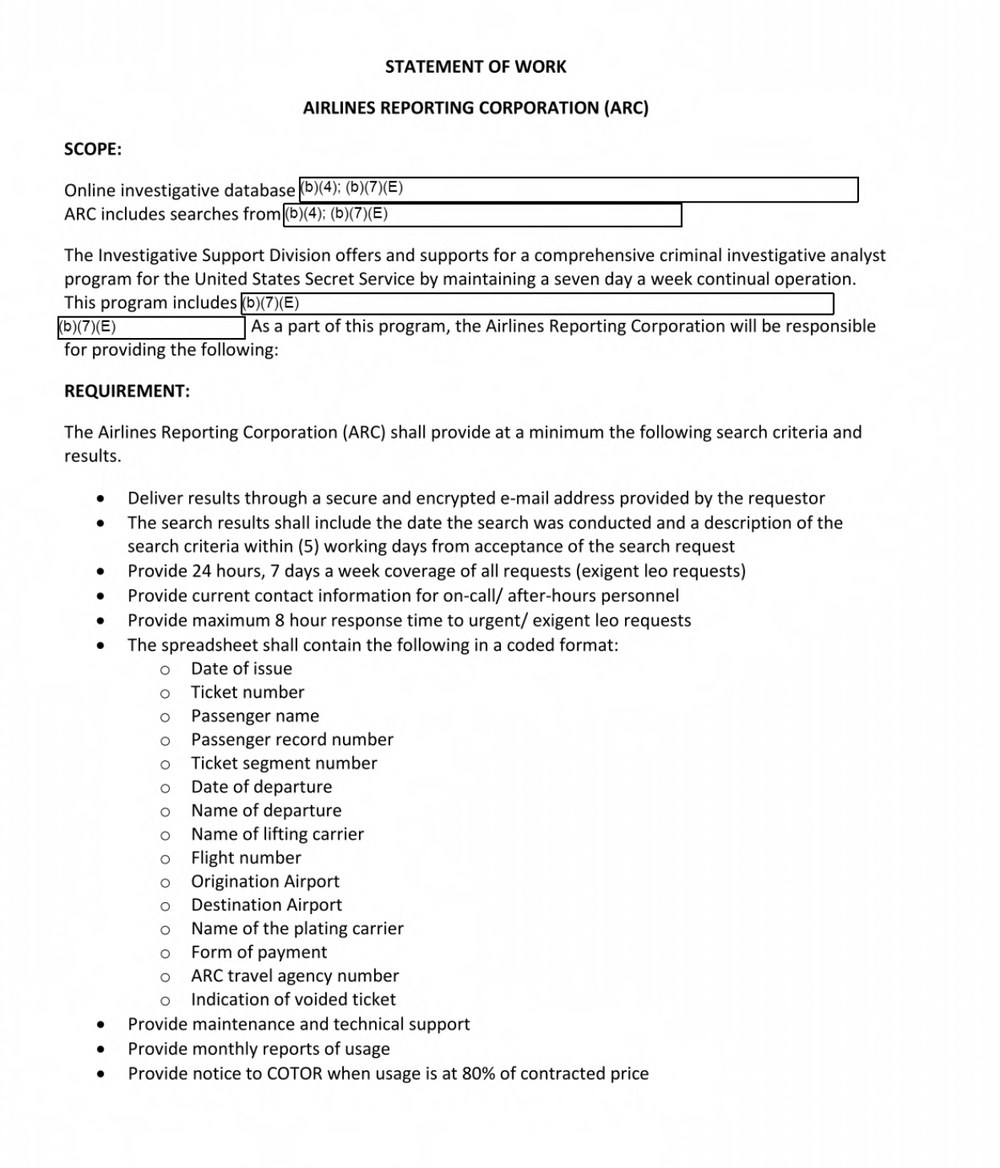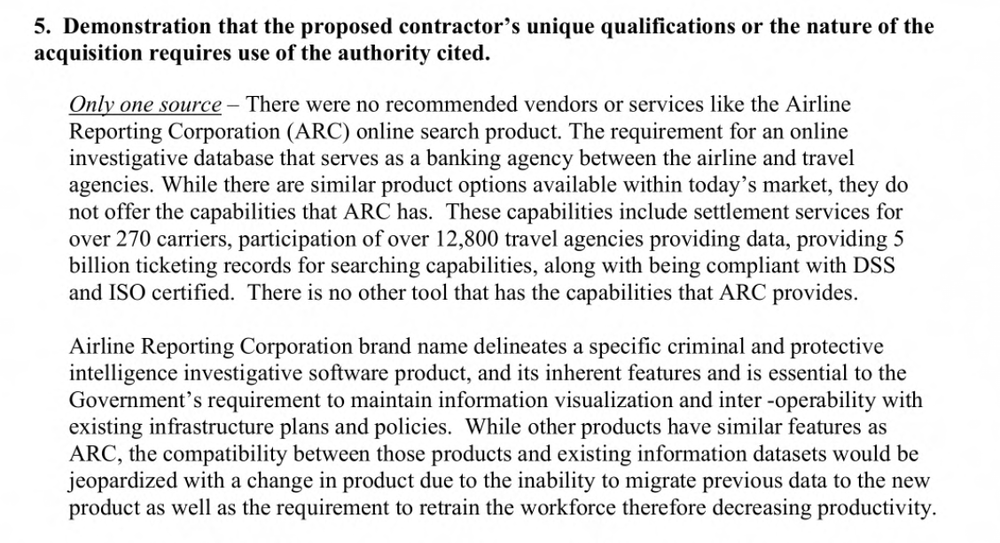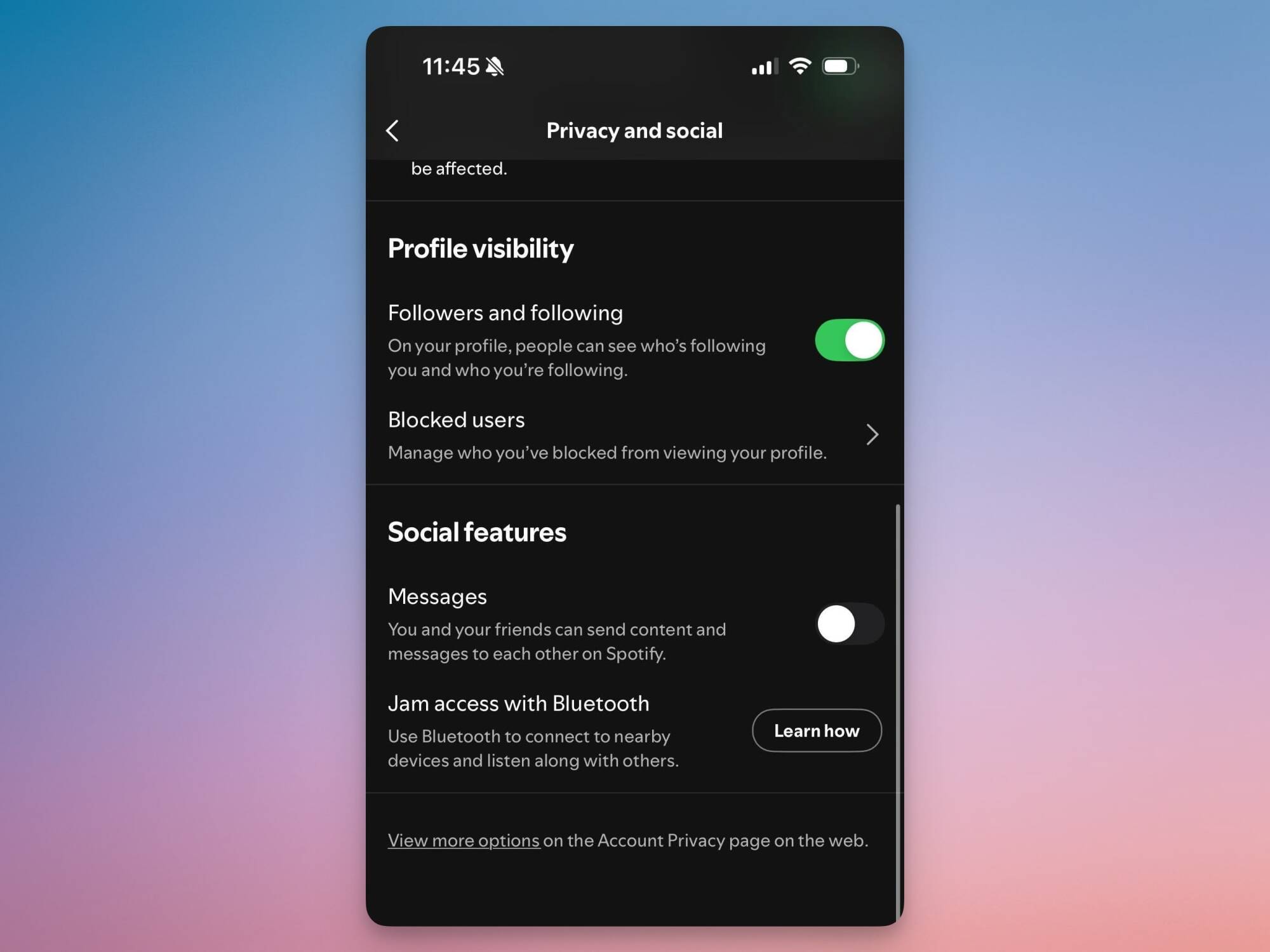The company behind the Proton Mail email service, Proton, describes itself as a “neutral and safe haven for your personal data, committed to defending your freedom.”
But last month, Proton disabled email accounts belonging to journalists reporting on security breaches of various South Korean government computer systems following a complaint by an unspecified cybersecurity agency. After a public outcry, and multiple weeks, the journalists’ accounts were eventually reinstated — but the reporters and editors involved still want answers on how and why Proton decided to shut down the accounts in the first place.
Martin Shelton, deputy director of digital security at the Freedom of the Press Foundation, highlighted that numerous newsrooms use Proton’s services as alternatives to something like Gmail “specifically to avoid situations like this,” pointing out that “While it’s good to see that Proton is reconsidering account suspensions, journalists are among the users who need these and similar tools most.” Newsrooms like The Intercept, the Boston Globe, and the Tampa Bay Times all rely on Proton Mail for emailed tip submissions.
Shelton noted that perhaps Proton should “prioritize responding to journalists about account suspensions privately, rather than when they go viral.”
On Reddit, Proton’s official account stated that “Proton did not knowingly block journalists’ email accounts” and that the “situation has unfortunately been blown out of proportion.” Proton did not respond to The Intercept’s request for comment.
The two journalists whose accounts were disabled were working on an article published in the August issue of the long-running hacker zine Phrack. The story described how a sophisticated hacking operation — what’s known in cybersecurity parlance as an APT, or advanced persistent threat — had wormed its way into a number of South Korean computer networks, including those of the Ministry of Foreign Affairs and the military Defense Counterintelligence Command, or DCC.
The journalists, who published their story under the names Saber and cyb0rg, describe the hack as being consistent with the work of Kimsuky, a notorious North Korean state-backed APT sanctioned by the U.S. Treasury Department in 2023.
As they pieced the story together, emails viewed by The Intercept show that the authors followed cybersecurity best practices and conducted what’s known as responsible disclosure: notifying affected parties that a vulnerability has been discovered in their systems prior to publicizing the incident.
Saber and cyb0rg created a dedicated Proton Mail account to coordinate the responsible disclosures, then proceeded to notify the impacted parties, including the Ministry of Foreign Affairs and the DCC, and also notified South Korean cybersecurity organizations like the Korea Internet and Security Agency, and KrCERT/CC, the state-sponsored Computer Emergency Response Team. According to emails viewed by The Intercept, KrCERT wrote back to the authors, thanking them for their disclosure.
A note on cybersecurity jargon: CERTs are agencies consisting of cybersecurity experts specializing in dealing with and responding to security incidents. CERTs exist in over 70 countries — with some countries having multiple CERTs each specializing in a particular field such as the financial sector — and may be government-sponsored or private organizations. They adhere to a set of formal technical standards, such as being expected to react to reported cybersecurity threats and security incidents. A high-profile example of a CERT agency in the U.S. is the Cybersecurity and Infrastructure Agency, which has recently been gutted by the Trump administration.
A week after the print issue of Phrack came out, and a few days before the digital version was released, Saber and cyb0rg found that the Proton account they had set up for the responsible disclosure notifications had been suspended. A day later, Saber discovered that his personal Proton Mail account had also been suspended. Phrack posted a timeline of the account suspensions at the top of the published article, and later highlighted the timeline in a viral social media post. Both accounts were suspended owing to an unspecified “potential policy violation,” according to screenshots of account login attempts reviewed by The Intercept.
The suspension notice instructed the authors to fill out Proton’s abuse appeals form if they believed the suspension was in error. Saber did so, and received a reply from a member of Proton Mail’s Abuse Team who went by the name Dante.
In an email viewed by The Intercept, Dante told Saber that their account “has been disabled as a result of a direct connection to an account that was taken down due to violations of our terms and conditions while being used in a malicious manner.” Dante also provided a link to Proton’s terms of service, going on to state, “We have clearly indicated that any account used for unauthorized activities, will be sanctioned accordingly.” The response concluded by stating, “We consider that allowing access to your account will cause further damage to our service, therefore we will keep the account suspended.”
On August 22, a Phrack editors reached out to Proton, writing that no hacked data was passed through the suspended email accounts, and asked if the account suspension incident could be deescalated. After receiving no response from Proton, the editor sent a follow-up email on September 6. Proton once again did not reply to the email.
On September 9, the official Phrack X account made a post asking Proton’s official account asking why Proton was “cancelling journalists and ghosting us,” adding: “need help calibrating your moral compass?” The post quickly went viral, garnering over 150,000 views.
Proton’s official account replied the following day, stating that Proton had been “alerted by a CERT that certain accounts were being misused by hackers in violation of Proton’s Terms of Service. This led to a cluster of accounts being disabled. Our team is now reviewing these cases individually to determine if any can be restored.” Proton then stated that they “stand with journalists” but “cannot see the content of accounts and therefore cannot always know when anti-abuse measures may inadvertently affect legitimate activism.”
Proton did not publicly specify which CERT had alerted them, and didn’t answer The Intercept’s request for the name of the specific CERT which had sent the alert. KrCERT also did not reply to The Intercept’s question about whether they were the CERT that had sent the alert to Proton.
Later in the day, Proton’s founder and CEO Andy Yen posted on X that the two accounts had been reinstated. Neither Yen nor Proton explained why the accounts had been reinstated, whether they had been found to not violate the terms of service after all, why had they been suspended in the first place, or why a member of the Proton Abuse Team reiterated that the accounts had violated the terms of service during Saber’s appeals process.
Phrack noted that the account suspensions created a “real impact to the author. The author was unable to answer media requests about the article.” The co-authors, Phrack pointed out, were also in the midst of the responsible disclosure process and working together with the various affected South Korean organizations to help fix their systems. “All this was denied and ruined by Proton,” Phrack stated.
Phrack editors said that the incident leaves them “concerned what this means to other whistleblowers or journalists. The community needs assurance that Proton does not disable accounts unless Proton has a court order or the crime (or ToS violation) is apparent.”






